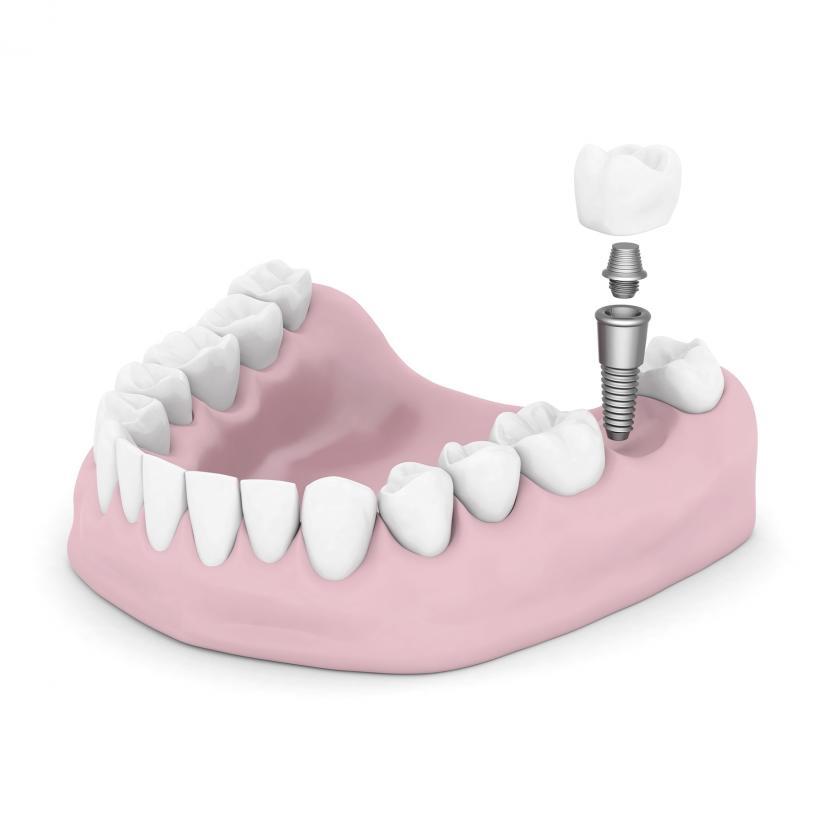More than 120 million Americans have lost at least one tooth in their life, according to The American College of Prosthodontists.
Losing a tooth, or multiple teeth, not only creates chewing and swallowing problems, but can also have significant impact on your smile.
Implants and bridges are popular tooth restoration procedures recommended by dental professionals for people with missing teeth. While both treatments address the same issue, there are some prominent differences in the end result.
Here’s everything you need to know about implants and bridges, before you consult your dentist for a tooth restoration procedure:
What are Dental Implants?
A dental implant is fundamentally an artificial replacement for your tooth. Loss of teeth typically occurs due to untreated dental cavities and decay. The decayed root of the tooth is replaced with an artificial one, which is made of titanium. A process called osseointegration takes place, during which, the root is screwed into the jaw bone. In 12–16 weeks, a new bone begins to develop around the implanted metal. Later, a crown can be placed over the root and secured in place.
What are Dental Bridges?
Dental bridges consist of a metal frame that attaches to the teeth surrounding the gap caused by tooth loss. The teeth on each side of the gap are known as abutment teeth and are used to fix the frame in place. A crown is placed over each of these teeth, while false teeth called pontics lie in the middle.
Which one should you choose?
Some factors to consider as you choose between dental implants and bridges:
a. Durability:
According to the American Academy of Implant Dentistry, the estimated lifespan of each dental bridge varies between 5–10 years, which means they need to be replaced periodically.
On the other hand, dental implants can last a lifetime, if they are properly cared for. Therefore, in terms of lifespan and durability, dental implants take the lead.
b. Aesthetics:
Dental implants can be made to look exactly like your existing permanent teeth. Bridgework may not look as natural, which makes implants a more aesthetically pleasing choice.
c. Cost:
In comparison to dental implants, bridges are far more affordable. As installation of a dental implant is a complex cosmetic procedure, it is priced at a much higher rate.
d. Procedure duration
Bridgework usually requires two to three visits to the dentist, while a dental implant take several months to be installed.
A lost tooth could not be restored in the past. However, current research and technological advancements in dentistry have opened up multiple options for tooth replacement. If you’re still confused between dental implants and bridges, let dentists at West Hills Smiles help you out!
We offer quality general, cosmetic and restorative dental services at the most affordable rates in Woodlands, CA. Our dental experts will thoroughly examine your problem and recommend a procedure that is best suited to your needs. We also maintain a strict sterilization and cross contamination process to ensure our patients have the safest dental care experience.
Schedule an appointment with our dental experts today, by giving us a call at (818) 346-4303.




